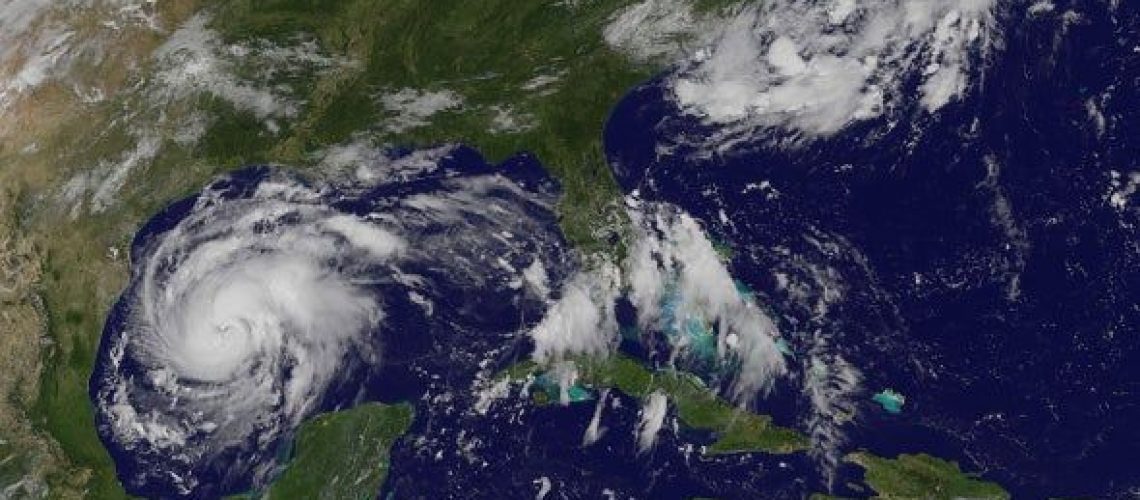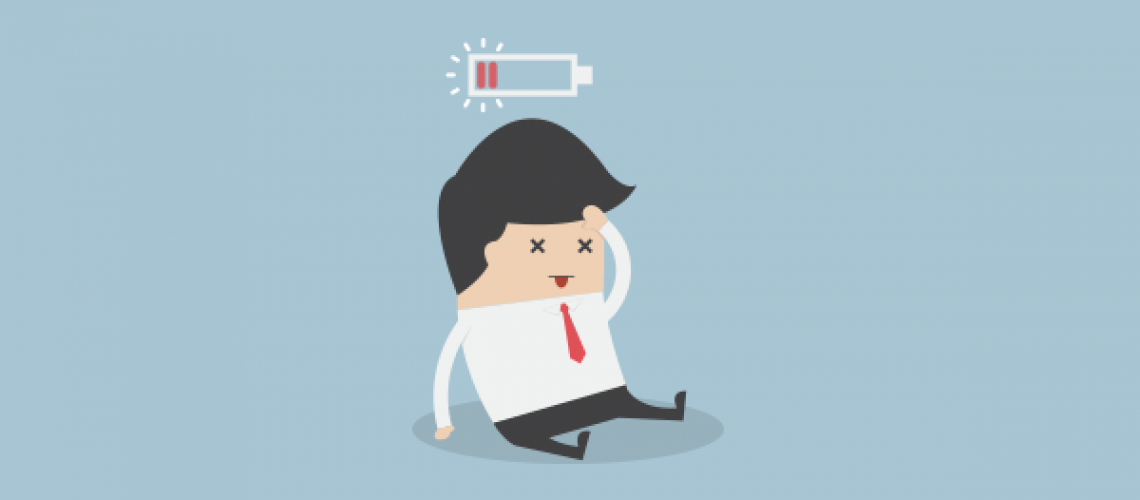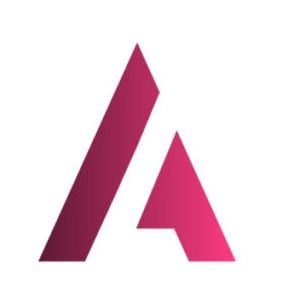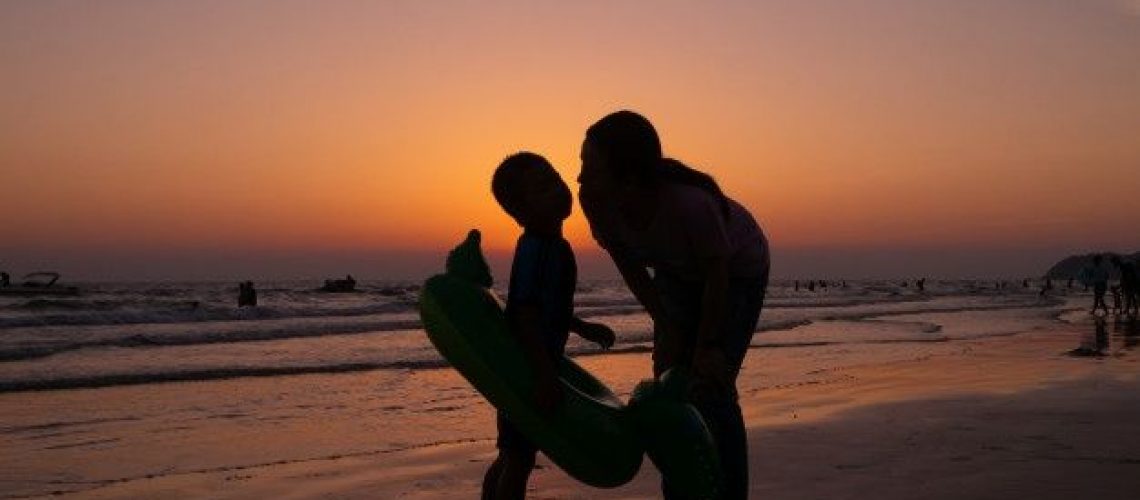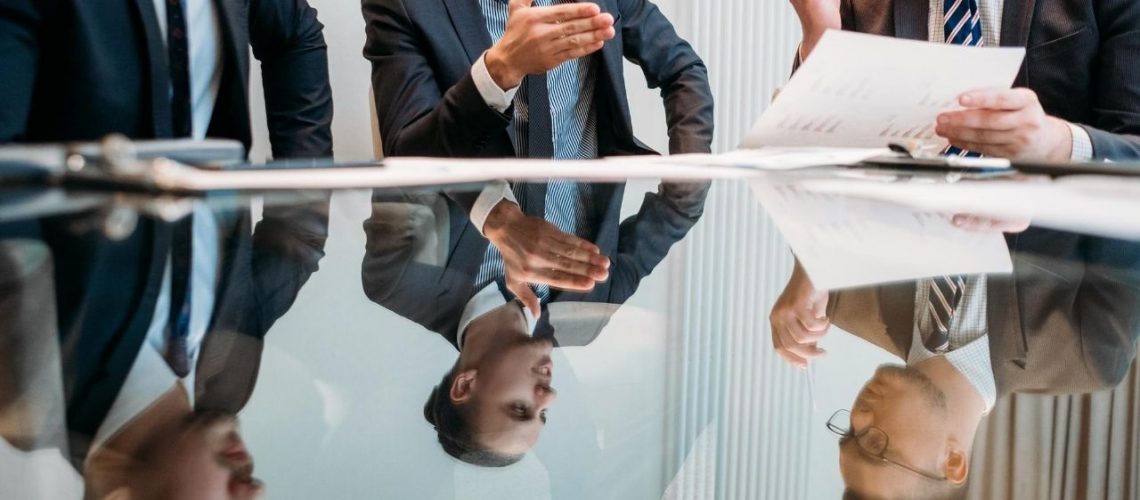This piece originally appeared in the Houston Chronicle Gray Matters.
It's been a year since we met Harvey.
He was the monster that battered our city, dropped more than 50 inches of rain, flooded thousands of Texans, claimed at least 82 lives and cost billions.
It's also been a year since we came face to face with another monster named Harvey — Weinstein, the media mogul outed six weeks after the hurricane hit as an alleged purveyor of widespread sexual misconduct.
On their surface, these two Harveys appear to have little more than a name in common. But in this case, the hurricane and the man were more alike than they were different. They were two destructive forces that converged last fall and changed the course of my life and the lives of so many others.
Consider this a tale of two Harveys — and my journey through both.
I spent the first two decades of my career in energy, working for industry giants. I know the business well, and I love it. We talk a lot about technology these days, but innovation doesn't happen without energy. Energy powers the world. It's become a basic human necessity — worthy of Maslow coming back to life and revising his now-famous hierarchy of needs. First food, water, shelter and safety. Then, power.
We forget that — until a hurricane hits and threatens all the comforts of modern life.
When Harvey first descended on our city, our home was dry, fully charged, well lit. We had food, water, shelter, safety and power. We even had Facebook.
Then, late on Sunday, Aug. 27, the Army Corps of Engineers began controlled releases of the west side dams — an act of mercy for many neighborhoods across Houston, but one that came with a price. My neighborhood was forcefully submerged. My home took on several feet of water (which made us lucky — many homes experienced much worse). The notice we had was too late, and our cars were inoperable. My family — my 6-year-old daughter, my husband, and our dog — was rescued by men we didn't know who showed up at our door with a boat. Later, I found out we lost our office, too.
I didn't realize in that moment that I would spend the next year of my life terrified of rain —worried like hell that, once it started, it wouldn't stop. That I was now facing the prospect of rebuilding the life I had quite clearly taken for granted. That I would slip so deep into the storm and what it took that I would wonder if I'd ever bounce back.
I had lost my power, and I didn't know how hard that would be.
I've always been resilient. My mantra before Harvey now seems prescient: "Never waste a good crisis," I would say, with a smile. Because with crisis comes opportunity.
That's true, no matter how large the crisis. I've learned that now. But when Harvey hit, all I could think of was the irony in me, the woman who'd always championed the silver lining, getting hit with the storm of the century.
Then, six weeks later, another Harvey hit: the New York Times broke the story of how the media giant — the man credited with making so many actors stars — had allegedly spent his career engaging in sexual harassment and abuse. It was big news, but bigger than that one story was the movement it inspired.
#MeToo began to take shape across social media, and women everywhere began sharing stories of the attacks they've suffered over the years.
Many of those women are famous; many of the men they outed are, too. But that wasn't the powerful part about #MeToo. The hashtag simplified the act of coming out, clearing a path for women and men — regardless of platform or star power — to come together and illustrate the extent of the harassment epidemic in our country and beyond.
I was one of those women, but the ability to share my story wasn't what I took from #MeToo. I run a business that advocates for the progress of women in my industry, but I didn't home in on #MeToo as a platform. What I saw in the movement was a very different way to handle a hurricane — and an inspiring way to regain power.
Rebuilding your self-worth and confidence is a humbling experience for anyone who has experienced trauma or loss. And loss is deeply personal. As Maslow said, the need for physical and psychological safety is paramount.
But #MeToo gave women everywhere an opportunity to restore their power. They didn't have to wallow in victimhood; they could take a stand — with hundreds of thousands of others around the world. And they could see the impact. Titans of industry have fallen because of two tiny words. That's not switching on a light; that's a power surge.
The same happened in the aftermath of the hurricane. Support, in the form of millions of dollars and thousands of people hours, poured in from around the world in the wake of the storm. Neighbors opened their doors to the displaced and homeless. A stranger in a boat motored up to my door.
It's been a long year.
Some are back, but not the same, and many are still just getting started. Just as power is restored home by home, neighborhood by neighborhood, those who suffered at the hands of the storm are coming back — slowly but surely, and even stronger than before. This is what it means to be #HoustonStrong.
Looking back at all this, I've realized something: We've all got our own hurricanes to battle. And we've all got a choice in how we come back from it. We can linger in the pain and destruction, or we can find a way forward. We can isolate ourselves, or we can let others in and build communities of support. We can waste the crisis, or we can find opportunity in it.
I think you know what I choose.
Originally published in the Houston Chronicle on August 24th, 2018: My year of two Harveys: #MeTOO and #HoustonStrong
